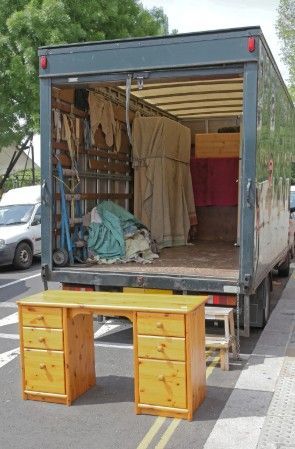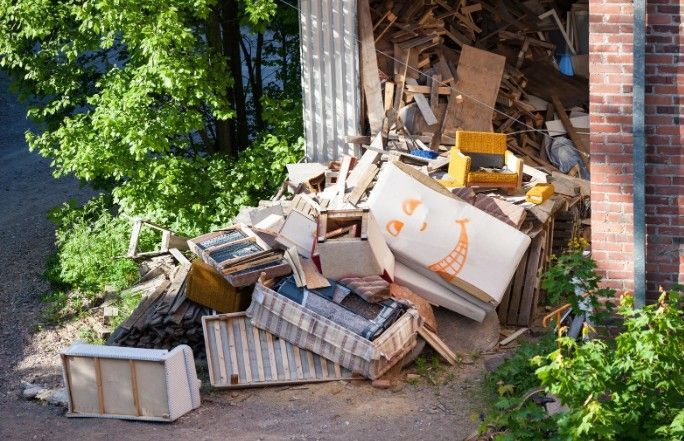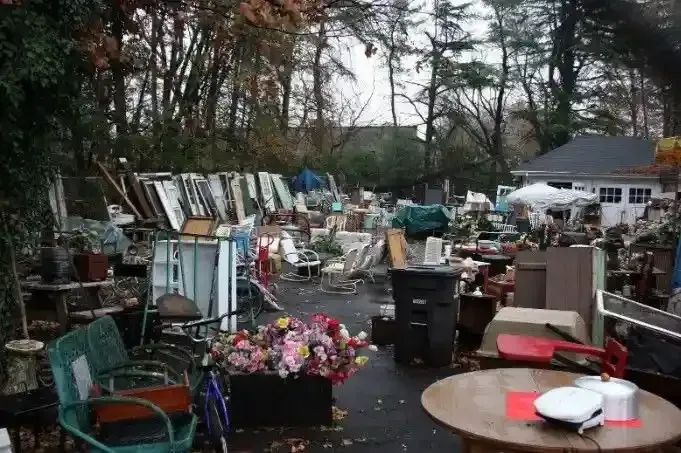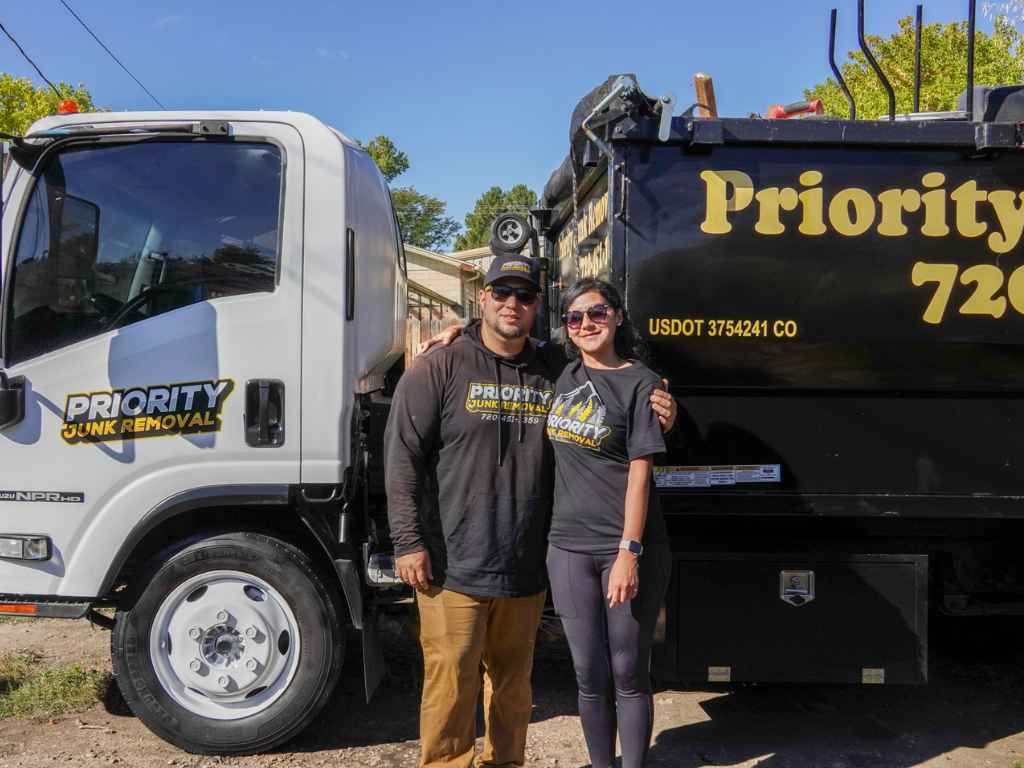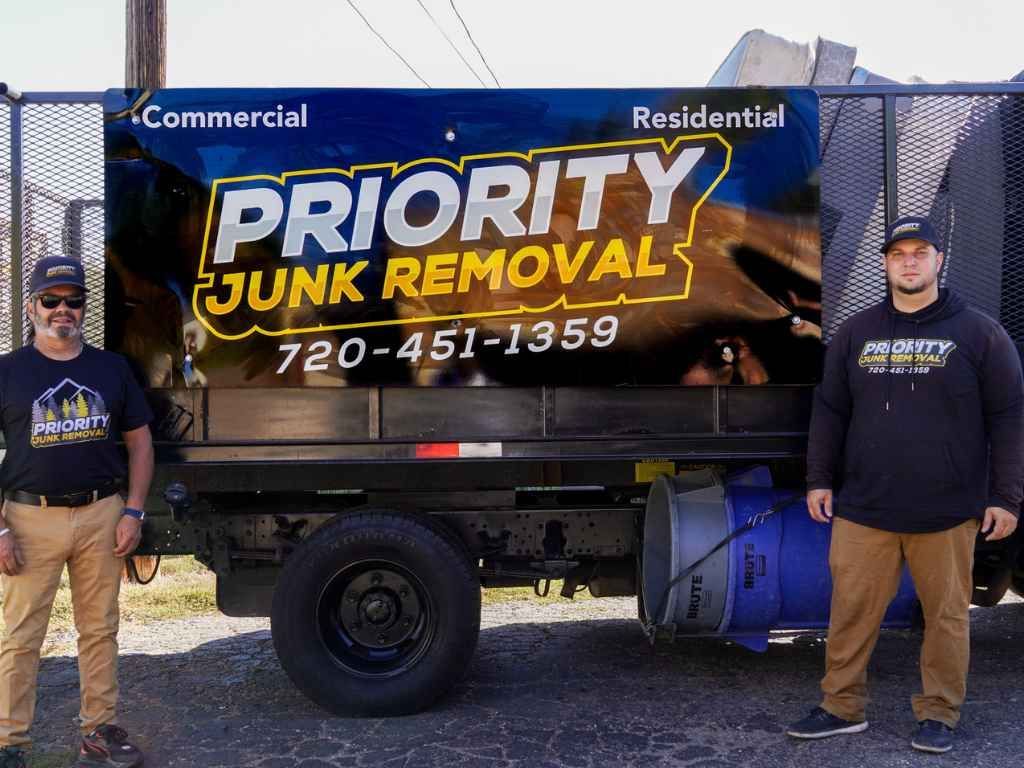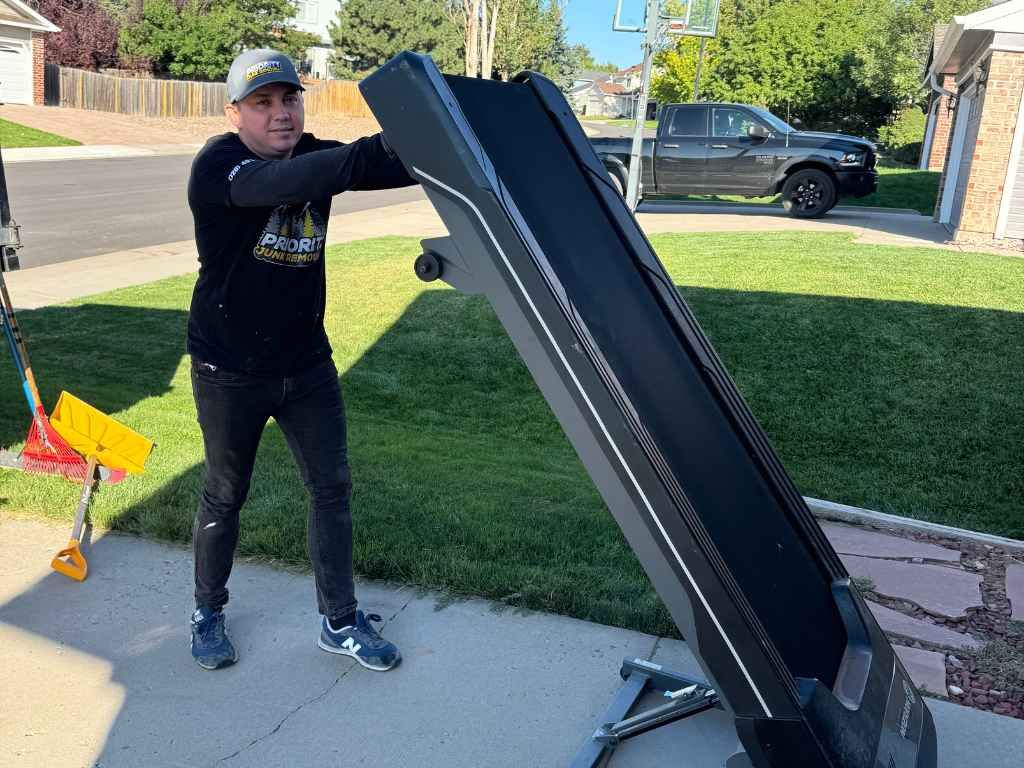How to Deal with Commercial Waste Disposal
Managing commercial waste is a critical aspect of running a business. No matter what industry your company belongs to, whether it’s a retail shop, a warehouse, an office building, or a construction site, dealing with waste is an inevitable part of day-to-day operations. But waste management doesn’t just involve tossing things out. It’s about doing it in an environmentally responsible, cost-effective, and efficient manner. In this article, we’ll dive into what commercial waste disposal really entails and how to handle it properly to avoid any potential issues. Whether you are a small business owner or part of a larger corporation, these insights will help you navigate the complexities of waste management.
Understanding Commercial Waste
Commercial waste differs from household waste in many ways. It includes everything from office paper and packaging materials to food scraps, electronics, and construction debris. The broad spectrum of materials means that different types of waste require different approaches for disposal.
Generally, commercial waste is categorized into several types: general waste, recyclables, hazardous waste, and organic waste. Understanding the type of waste your business generates is the first step toward setting up an effective disposal strategy. With proper categorization, you can ensure that your disposal practices adhere to environmental regulations and contribute to sustainability goals.
The Importance of Proper Waste Disposal
Many business owners underestimate the importance of proper waste disposal, often opting for quick, easy solutions that seem convenient in the short term but lead to bigger problems down the road. Not only can improper waste disposal result in legal penalties, but it can also harm your reputation, make your workplace unsafe, and even negatively impact the environment. It’s crucial to take your commercial waste management seriously. By handling it responsibly, you avoid unnecessary stress and align your company with eco-friendly practices that customers and clients are increasingly valuing.
Setting Up a Waste Management System
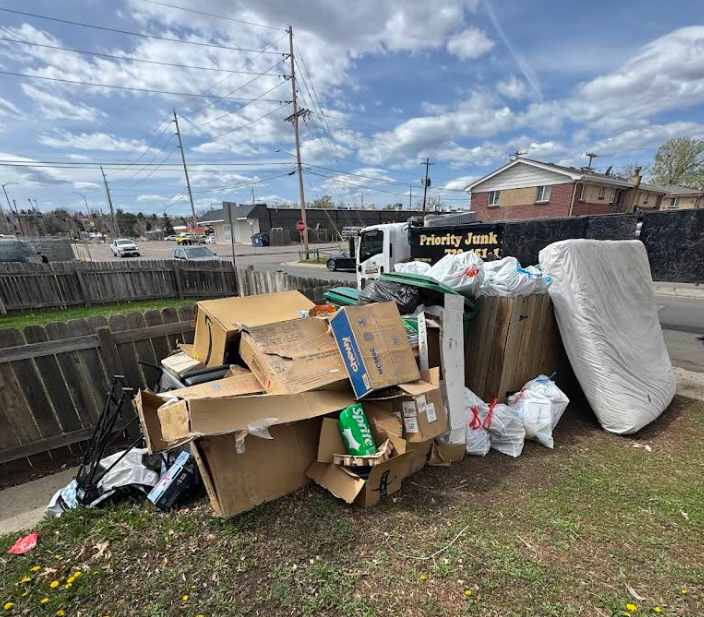
Effective waste management begins with creating a well-thought-out waste disposal plan. This plan will address various questions: What types of waste do you generate? How much waste do you produce regularly? Where should you store the waste before it’s collected? What are the local laws and regulations regarding waste disposal in your area?
- Assess Your Waste Streams: Identify and categorize the types of waste your business generates. For example, in an office, waste might include paper, electronics, and food packaging, while a construction site might generate large quantities of wood, concrete, and metal. Understanding what you’re dealing with helps you create a more effective waste disposal system.
- Hire a Reliable Waste Disposal Company: A good waste management company will not only collect your waste but will also be able to provide guidance on disposal methods. They will ensure that your business complies with all local regulations and follow best practices in waste management.
- Separate Waste at the Source: Encourage employees to separate recyclables and non-recyclables at the point of disposal. This prevents contamination and improves the efficiency of the recycling process. Setting up clearly labeled bins for different types of waste will make this process easy.
- Set Up a Disposal Schedule: Depending on the size of your business, you may need frequent pickups for waste or simply weekly ones. Create a schedule that fits your needs and stick to it. This helps avoid pile-ups of waste and keeps your premises neat and safe.
- Monitor and Reduce Waste Generation: While disposal is important, reducing waste generation in the first place is even better. Consider implementing strategies that reduce the amount of waste your business produces.
Recycling: A Key Component of Commercial Waste Management
One of the most critical aspects of modern waste disposal is recycling. Recycling commercial waste not only reduces landfill waste but also saves resources and energy. Businesses that recycle can significantly reduce their environmental footprint while also contributing to the circular economy. Recycling in the commercial sector typically focuses on paper, cardboard, plastic, metals, and glass. In some cases, even electronics can be recycled responsibly.
Many states and municipalities offer incentives to businesses that recycle, including tax breaks and reduced disposal fees, so it’s worth checking if these benefits are available in your area. However, for recycling to be effective, it must be done correctly. Contamination can render an entire load of recyclable materials useless, which is why it’s crucial to follow proper recycling guidelines. Working with an experienced waste disposal company can ensure that your recyclables are processed in an environmentally responsible manner.
Dealing with Hazardous Waste
Not all commercial waste can be easily thrown away. Hazardous waste, which includes materials like chemicals, paints, solvents, batteries, and fluorescent light bulbs, requires special care in disposal. These substances can cause serious harm to human health and the environment if not handled properly. In the United States, hazardous waste disposal is regulated by the Environmental Protection Agency (EPA), and businesses must comply with stringent regulations regarding its storage, transportation, and disposal.
In many cases, businesses must work with a certified hazardous waste disposal company that can safely collect, store, and dispose of these materials. Failure to comply with hazardous waste regulations can result in heavy fines, environmental damage, and even legal action. Therefore, if your business generates hazardous waste, you must familiarize yourself with the specific guidelines for its disposal and ensure you partner with the right professionals to handle it.
Waste Disposal Costs and Budgeting
Effective waste management isn’t free, but the costs of improper disposal or fines can be far higher. Therefore, businesses need to allocate part of their budget for waste management services. The costs can vary depending on several factors, including the size of the business, the type and amount of waste generated, and the services required.
One way to manage costs is to optimize your waste management strategy. For example, recycling can often reduce disposal costs by diverting waste from landfills, which are typically more expensive to manage. Additionally, using a waste management service that offers transparent pricing and customized solutions can help your business save money while ensuring responsible waste disposal.
The Role of Technology in Waste Disposal
Technology has made waste management easier and more efficient. From apps that track waste disposal to machines that automatically separate recyclables, the tools available today can streamline the entire process. For businesses, this means enhanced efficiency, reduced labor costs, and better compliance with environmental regulations. One exciting advancement is the use of smart bins that can monitor the volume of waste being disposed of and send alerts when they need to be emptied.
These innovations allow businesses to optimize their waste management schedules and avoid overfilled bins that create unnecessary messes. Moreover, waste-to-energy technologies are becoming more widely adopted. These systems convert non-recyclable waste into energy, which can be used to power businesses or contribute to local grids. While still in the developmental phase in many regions, this technology holds great potential for the future of commercial waste disposal.
Maintaining a Clean and Safe Work Environment
Proper waste disposal isn’t just about following regulations; it’s also about maintaining a clean and safe work environment. Improperly stored waste can attract pests, create foul odors, and pose safety risks to employees and customers alike. A messy or unsafe environment can hurt employee morale, cause health problems, and even damage the reputation of your business.
By ensuring that waste is regularly removed, stored safely, and disposed of in a responsible manner, you not only comply with the law but also provide a safe, clean working space for your team. This, in turn, can enhance productivity and reduce the risk of accidents that might arise from tripping hazards or other waste-related issues.
Partnering with the Right Waste Management Company
When it comes to commercial waste disposal, finding the right waste management company is crucial. The right company will ensure that your business complies with all local regulations, dispose of waste in an environmentally responsible manner, and offer customer service that is tailored to your specific needs.
Choosing a waste management company requires careful consideration. Look for companies that are licensed and experienced in dealing with the type of waste your business generates. Ask about their recycling policies, their ability to handle hazardous materials, and their reliability in terms of pickup schedules. Lastly, consider how their pricing fits into your budget.
Conclusion
Commercial waste disposal doesn’t have to be complicated if you take a proactive and responsible approach. By understanding your waste streams, setting up a waste management plan, recycling materials, and working with the right professionals, you can keep your business clean, compliant, and sustainable. Don’t let waste disposal be an afterthought—make it an integral part of your business’s strategy.
At Priority Junk Removal, we specialize in helping businesses in Littleton, Colorado, and surrounding areas manage their waste efficiently and responsibly. Whether you need regular waste pickups, specialized services for hazardous materials, or help with recycling, we’ve got you covered. Reach out to us today at 720-451-1359 or email priorityjunkremoval@gmail.com for a customized waste management solution that suits your needs. Our team is here to make waste disposal easy and stress-free.

